Share
In Judaism, we believe we connect to God in three different ways; creation, revelation, redemption.
So how do we connect to God through creation? Well, look, this is a difficult one. I remember on one occasion when I was young and I was in Jerusalem for one of the first times of my life. You will probably know, if you've ever been to Jerusalem at sunset, how the setting sun turns those light brick walls of Jerusalem into burnished gold. And if you're standing on Mount Scopus where the Hebrew University is, and you're looking out to the Judaean Hills out towards the Dead Sea, it looks as if the whole landscape is on fire. And my goodness me, I felt God at that moment.
But you can feel God in the blossoms on a spring day in Central Park. You can sense God in a snowflake. William Blake was right, wasn't he, when he said, "To see infinity in a grain of sand and eternity in a single hour"? So to see the beauty of creation, that is one way God speaks to us.
Revelation. When we sit and learn Torah, especially when we sit and learn Torah together and we are hearing God's word. And it may be that we're learning Torah so we are looking at how Rashi refracted that word and Ramban and Rashbam, and Ibn Ezra. So we're hearing that several thousand-year-old conversation between heaven and earth that we call the written Torah and the oral Torah. And we become part of that conversation. So in creation very often, we see God in revelation, we hear God through the words of Torah or Talmud or Midrash. Learning together, recapturing that moment of revelation on Sinai.
And then there's a third way; redemption. When I hear the cry of a child or the cry of a person dying of hunger in Africa, I am hearing God calling to us to be His partner in the work of redemption. And whenever I hear that cry, as Moses heard the cry of the Israelites, then we are encountering God in a different way as well. One that is much more active than in creational revelation, but one where we really feel we are partners with God in making the world a little better.
So I think those are the three primary ways in which we encounter God. It may be that not all of them come at the same period in our lives. Certainly not the same period in our week or our year. But God is always there if we know where to look.
More JInsider Videos

Rabbi Sacks on the Jewish Narrative
JInsider (March 2010)
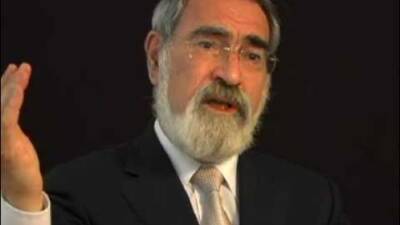
Rabbi Sacks on Future Tense Take Aways: Part 1
JInsider (March 2010)
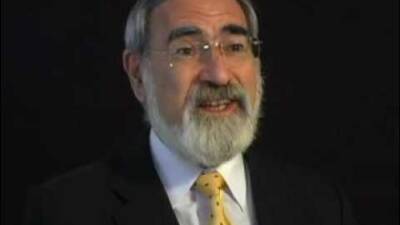
Rabbi Sacks on Future Tense Take Aways: 2
JInsider (March 2010)
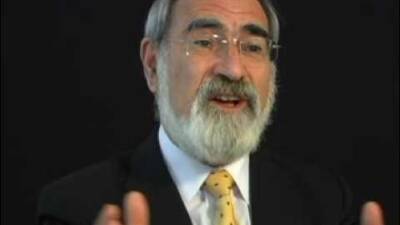
Rabbi Sacks on the Universal Jewish Story
JInsider (March 2010)
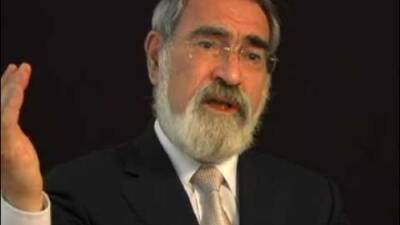
Rabbi Sacks on Eco-Judaism Roots
JInsider (March 2010)
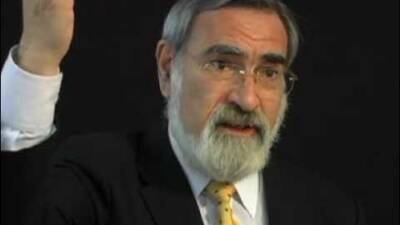
Rabbi Sacks on Peoplehood
JInsider (March 2010)

Rabbi Sacks on an Engaged Judaism
JInsider (March 2010)

Rabbi Sacks on Charity Priorities
JInsider (March 2010)

Rabbi Sacks on a Responsible Life
JInsider (March 2010)

Rabbi Sacks on Reconciliation
JInsider (March 2010)
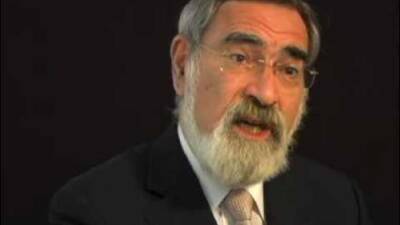
Rabbi Sacks on Community Conflict
JInsider (March 2010)
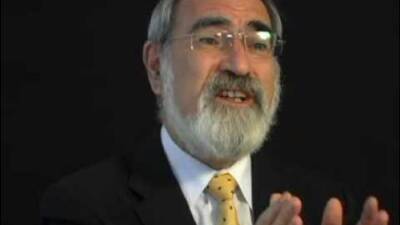
Rabbi Sacks on Particularism vs Universalism
JInsider (March 2010)

Rabbi Sacks on a Culture of Hope
JInsider (March 2010)
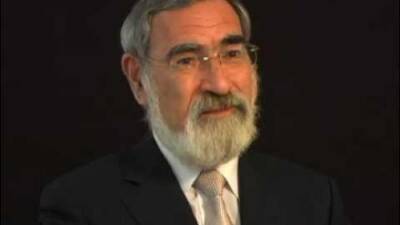
Rabbi Sacks on his Personal Hatikvah
JInsider (March 2010)
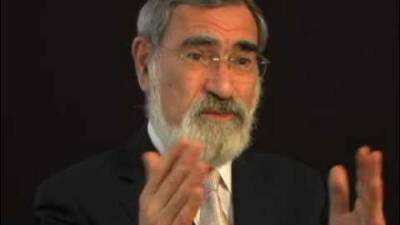
Rabbi Sacks on Israel and Jewish Society
JInsider (March 2010)
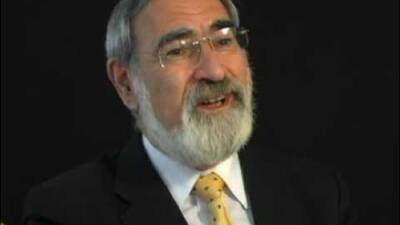
Rabbi Sacks on Torah in Today's World
JInsider (March 2010)
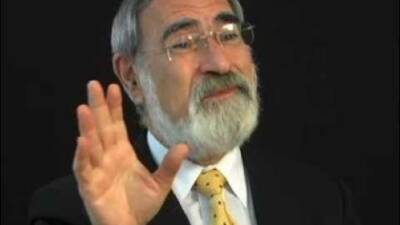
Rabbi Sacks on Prayer
JInsider (March 2010)

Rabbi Sacks on Indifference
JInsider (March 2010)
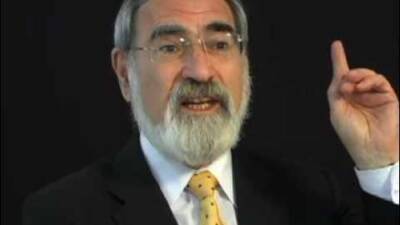
Rabbi Sacks on the Jewish Role in the World
JInsider (March 2010)

Rabbi Sacks on Torah and the Real World
JInsider (March 2010)
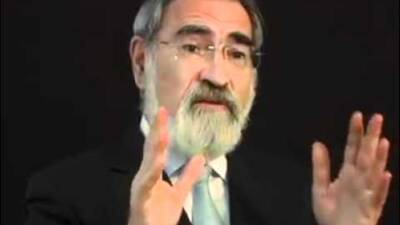
Rabbi Sacks on Free Market and Judaism
JInsider (March 2010)
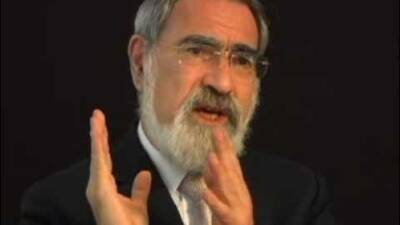
Rabbi Sacks on Antisemitism
JInsider (March 2010)
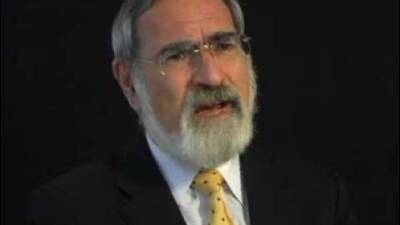
Rabbi Sacks on Future Tense
JInsider (March 2010)

Rabbi Sacks on Love as Deed
JInsider (March 2010)
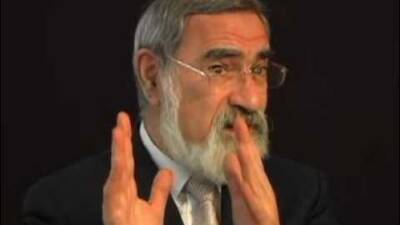
Rabbi Sacks on Combatting Antisemitism
JInsider (March 2010)

Rabbi Sacks on Material Loss
JInsider (March 2010)

Rabbi Sacks on the Antidote to Materialism
JInsider (March 2010)
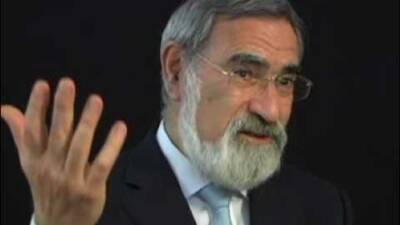
Rabbi Sacks on Parenting
JInsider (March 2010)
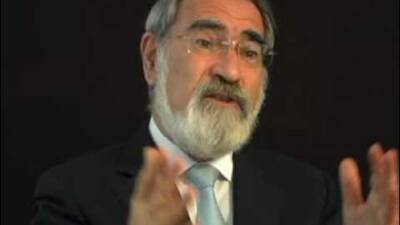
Rabbi Sacks on a Tzedakah Tale
JInsider (March 2010)
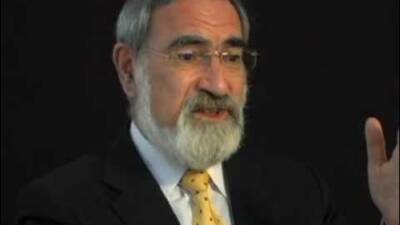
Rabbi Sacks on a Family Story
JInsider (March 2010)

On the Internet and Judaism
JInsider (March 2010)

Rabbi Sacks on Plato's Ghost
JInsider (March 2010)

Rabbi Sacks on Optimism vs. Hope
JInsider (March 2010)

Rabbi Sacks on Victim Mentality
JInsider (March 2010)
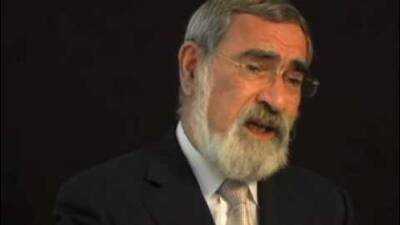
Rabbi Sacks on Jerusalem
JInsider (March 2010)
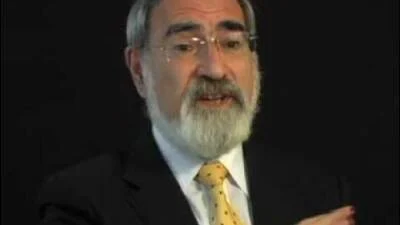
Rabbi Sacks on Advice for our Times
JInsider (March 2010)

Rabbi Sacks on Fundamentalism
JInsider (March 2010)

Rabbi Sacks on Time
JInsider (March 2010)
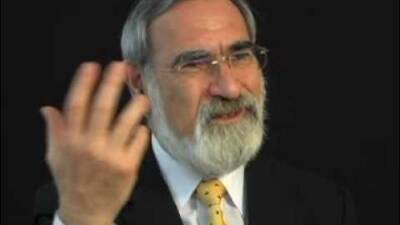
Rabbi Sacks on the Chosen People
JInsider (March 2010)
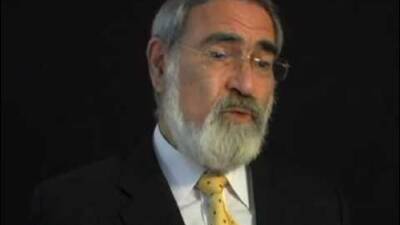
Rabbi Sacks on 21st Century Israel
JInsider (March 2010)
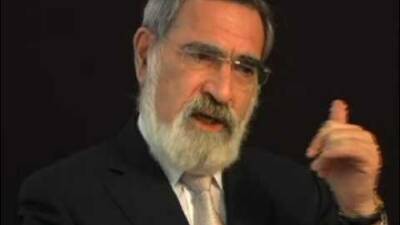
Rabbi Sacks on the Origins of Antisemitism
JInsider (March 2010)
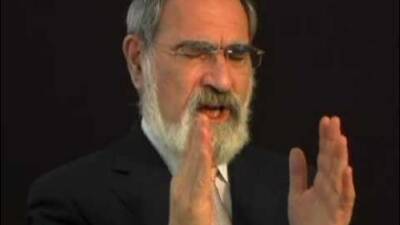
Rabbi Sacks on Understanding Jewish Exile
JInsider (March 2010)

Rabbi Sacks on Anger
JInsider (March 2010)
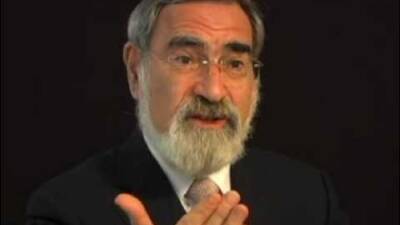
Rabbi Sacks on the Historical Evolution of Antisemitism
JInsider (March 2010)

Rabbi Sacks on Interfaith Relations
JInsider (March 2010)
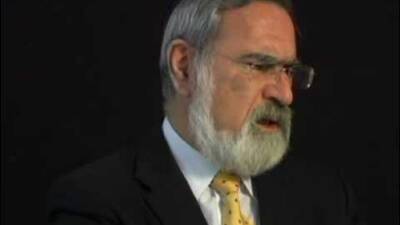
Rabbi Sacks on Coincidence and Providence
JInsider (March 2010)

Rabbi Sacks on Free Will
JInsider (March 2010)
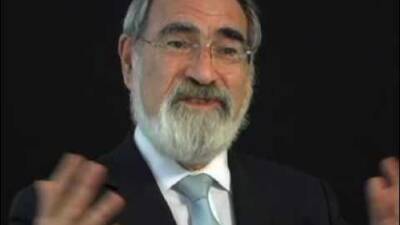
Rabbi Sacks on Family and Marriage
JInsider (March 2010)

Rabbi Sacks on Tzedakah Defined
JInsider (March 2010)
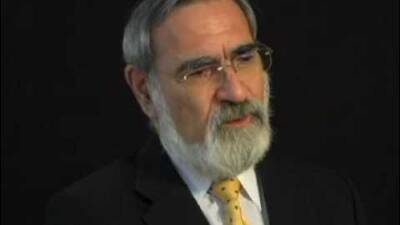
Rabbi Sacks on Daily Life
JInsider (March 2010)
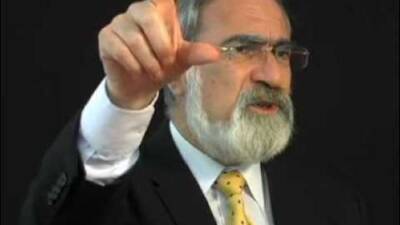
Rabbi Sacks on Being Jewish
JInsider (March 2010)

Rabbi Sacks on his Personal Rebbe, Rabbi Nachum Rabinovitch
JInsider (March 2010)

Rabbi Sacks on God and Evil
JInsider (March 2010)

Rabbi Sacks on Dialogue with Atheists
JInsider (March 2010)

Rabbi Sacks on Doubt
Jinsider (March 2010)
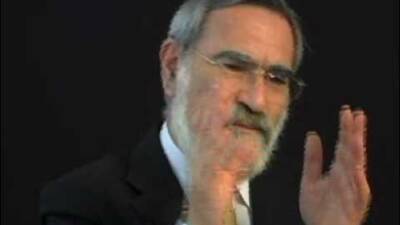
On Tikkun Olam
JInsider (March 2010)
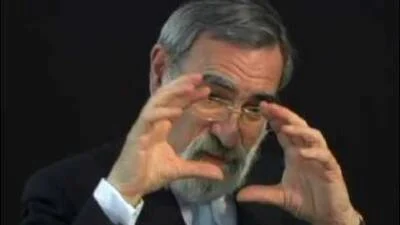
Rabbi Sacks on a Response to Atheism
JInsider (March 2010)
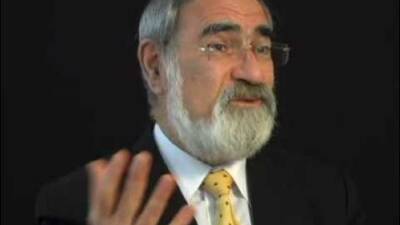
Rabbi Sacks on Finding Purpose
JInsider (March 2010)

Rabbi Sacks on a Responsible Life - Example
JInsider (March 2010)
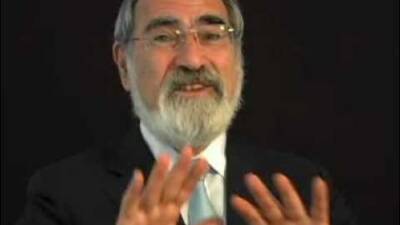
Rabbi Sacks on the Dignity of Difference - Part 2
JInsider (March 2010)

Rabbi Sacks on the Dignity of Difference - Part 1
JInsider (March 2010)
